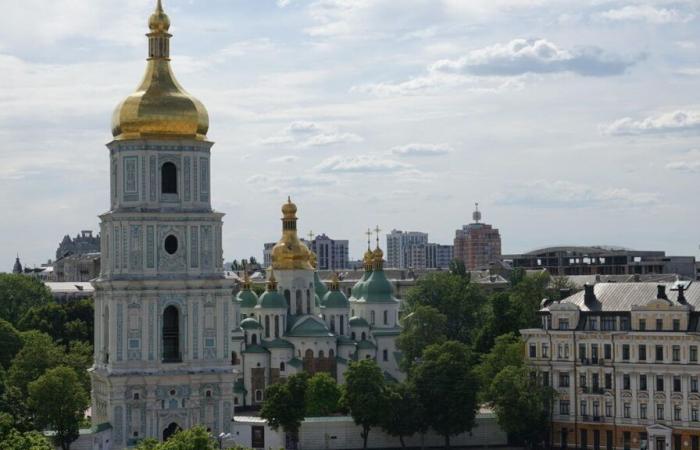A gunshot, even at the start of a race, can be synonymous with a “panic attack or complete despair,” a Ukrainian veteran told AFP. So last September 15, for the start of the kyiv marathon (5,000 participants from 40 different countries), the organizers tested a new “starter”.
Named “Start without a shot”, this new system uses a digital sound but also a sort of arrow that the starter holds in his hand instead of the gun and which changes from red to green to indicate the departure.
For former soldiers, this is a welcome development, as it is for psychologists who have worked with runners suffering from post-traumatic stress disorder (PTSD) since the Boston Marathon bombing in 2013 (three dead and hundreds injured).
“The sound of a gun is reminiscent of combat”
“We did research to compare the consequences of a gunshot to those of this new sound created for the starts,” Elena Plakhova, from the race organization, explains to AFP. “The increase in stress levels during a gunshot was almost seven times greater than with this new sound,” adds Plakhova, no stranger to PTSD symptoms.
“I was in Donetsk myself in 2014 (when pro-Russian separatists took control of the region) and I experienced the worst stories,” she says. I remember visiting my mother and hearing a motorcycle and, at the sound of the engine, I lay down on the ground covering my head because it reminded me of other things. »
His company is “in contact” with marathon organizers in Europe and the United States to “introduce and demonstrate” the new starting system. For Dmytro Kerbyt, this innovation opens new horizons for PTSD victims. This 42-year-old Ukrainian soldier was seriously injured in the front, hit by a Russian shell which broke his nose, jaw and part of his teeth.
“The sound of a gun is reminiscent of combat and brings back memories of places where we may have been injured,” Kerbyt, who has participated in very long distance races since his injury, told AFP. Former soldiers “who want to participate in this type of race cannot do so because of the gunshot. This is why replacing it with new sound and light panels is a very good solution,” he believes, also emphasizing that “veterans feel recognized” by this kind of progress.
Psychologists Holly Aldrich and Janet Yassen, from Harvard University in the US, also welcome the idea. “Victims are often isolated and apart,” explain those who worked with survivors of the Boston attack in 2013. “And this system introduces a change which can make it possible to become aware of others and to overcome differences, “It’s an important start,” they add. “Being able to run is a joyful moment, which makes us hope that everything will get better, that everything can be as before,” concludes Kerbyt.






